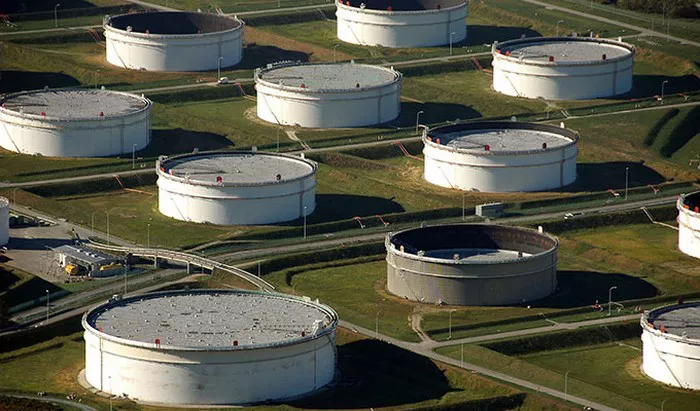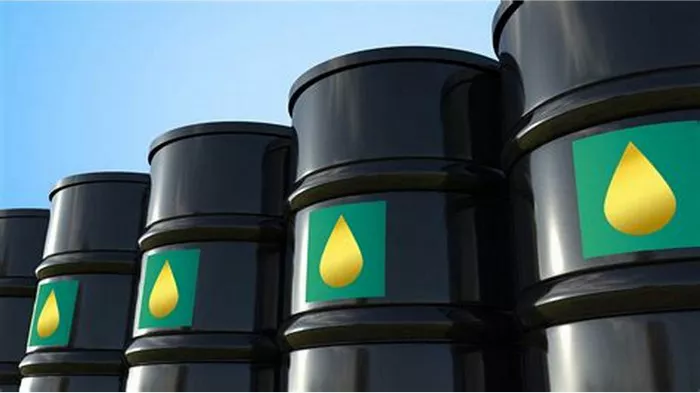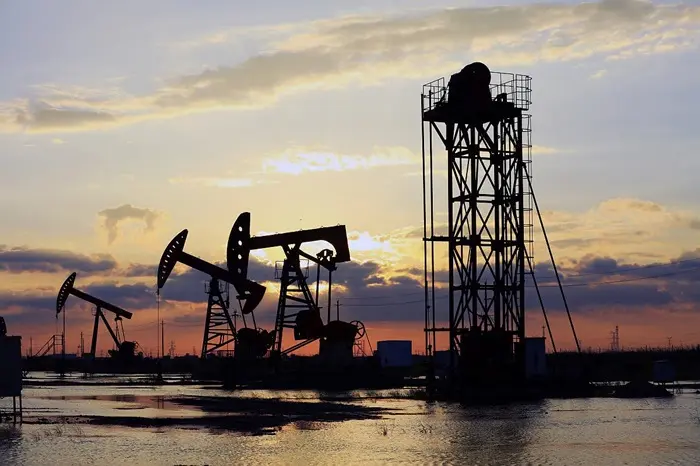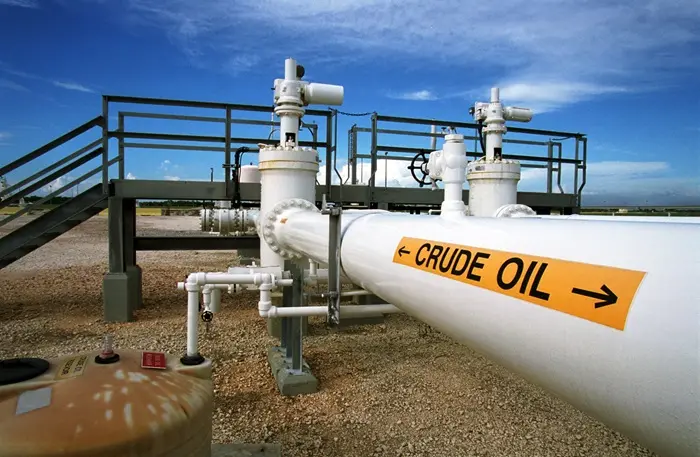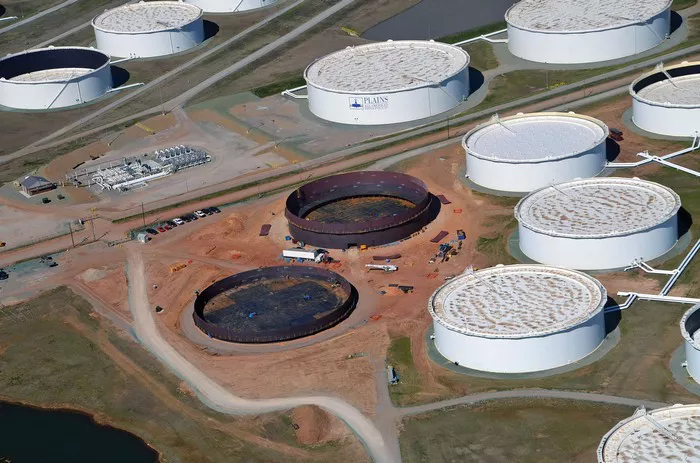Crude oil, often referred to as “black gold,” is one of the most vital natural resources in the world. It plays a crucial role in global economies, energy production, and industrial processes. Understanding where crude oil is typically found is essential for appreciating its impact and the geopolitical dynamics it influences. This article explores the primary regions where crude oil deposits are located, the geological factors that contribute to their formation, and the economic and political implications of these locations.
Introduction to Crude Oil Deposits
Crude oil is a naturally occurring, unrefined petroleum product composed of hydrocarbon deposits and other organic materials. It is extracted from the earth and refined into various products such as gasoline, diesel, and other petrochemicals. The distribution of crude oil deposits is not uniform, and certain regions of the world are more endowed with this resource than others.
Geological Formation of Crude Oil
The formation of crude oil is a complex process that occurs over millions of years. It begins with the accumulation of organic materials, primarily plankton and algae, in sedimentary basins. Over time, these materials are buried under layers of sediment and subjected to heat and pressure, transforming them into hydrocarbons. The presence of specific geological conditions, such as source rocks, reservoir rocks, and traps, is essential for the formation and accumulation of crude oil.
Major Crude Oil Producing Regions
Crude oil deposits are predominantly found in certain key regions around the world. These regions have favorable geological conditions that have allowed for the accumulation of significant oil reserves.
Middle East
Saudi Arabia
Saudi Arabia is home to some of the largest oil fields in the world, including the Ghawar Field, the largest conventional oil field. The country’s oil reserves are primarily located in the Eastern Province, where extensive exploration and development have occurred. Saudi Arabia’s vast oil reserves have made it one of the leading oil producers globally, significantly influencing global oil markets.
Iraq
Iraq has substantial oil reserves, with significant fields located in the southern part of the country, particularly around Basra. The Rumaila and West Qurna fields are among the largest in the region. Despite political and security challenges, Iraq remains a major player in the global oil market due to its extensive reserves.
United Arab Emirates
The United Arab Emirates (UAE) is another key player in the Middle East oil market. The emirate of Abu Dhabi holds the majority of the country’s oil reserves. The UAE’s oil production is primarily offshore, with significant fields such as the Zakum Field contributing to its output.
See Also: 10 Different Petroleum Products Made From Crude Oil
North America
United States
The United States is one of the world’s top oil producers, with significant oil deposits located in various regions. The Permian Basin, spanning parts of Texas and New Mexico, is one of the most prolific oil-producing regions in the country. Other notable areas include the Bakken Formation in North Dakota and the Eagle Ford Shale in Texas. Advances in drilling technology, particularly hydraulic fracturing (fracking), have significantly boosted U.S. oil production.
Canada
Canada’s oil reserves are primarily located in Alberta, with the Athabasca Oil Sands being one of the largest deposits of unconventional oil in the world. The extraction of oil from tar sands is more complex and costly compared to conventional methods, but Canada’s vast reserves make it a significant player in the global oil market.
South America
Venezuela
Venezuela boasts some of the largest proven oil reserves in the world, primarily located in the Orinoco Belt. Despite economic and political challenges, the country’s vast oil reserves continue to play a crucial role in the global oil market. The heavy and extra-heavy crude oil found in Venezuela requires specialized refining processes.
Brazil
Brazil’s oil production has been on the rise, with significant discoveries in offshore pre-salt basins. These ultra-deepwater reserves, located off the coast of Rio de Janeiro and São Paulo, have attracted substantial investment and have the potential to make Brazil one of the top oil producers globally.
Africa
Nigeria
Nigeria is one of Africa’s largest oil producers, with significant reserves located in the Niger Delta region. The country’s oil industry faces challenges such as political instability, environmental concerns, and security issues, but it remains a crucial player in the global oil market.
Angola
Angola’s oil production is primarily offshore, with significant fields located in the Atlantic Ocean. The country’s oil industry has attracted considerable foreign investment, making it one of the leading oil producers in Africa.
Europe
Russia
Russia holds some of the largest oil reserves in the world, with significant deposits located in Western Siberia, the Volga-Urals region, and the Arctic. The country’s vast reserves and extensive pipeline infrastructure make it a dominant player in the global oil market. The Arctic region, in particular, holds substantial untapped reserves that are expected to become increasingly important in the future.
North Sea
The North Sea, located between the United Kingdom and Norway, is another important oil-producing region in Europe. The discovery of oil in the North Sea in the late 20th century significantly boosted the economies of both countries. Despite declining production in some fields, the North Sea remains an important source of crude oil.
Asia
China
China is a major oil producer, with significant reserves located in various regions, including the Bohai Bay, the Tarim Basin, and the South China Sea. The country’s oil production has been steadily increasing, and it has invested heavily in both domestic and international oil exploration and production.
India
India’s oil reserves are relatively modest compared to some of the other regions discussed, but the country has significant potential for future discoveries. Major oil-producing regions in India include the Bombay High field offshore Mumbai and the Rajasthan state.
Economic and Political Implications
The distribution of crude oil reserves has profound economic and political implications. Countries with significant oil reserves often wield considerable influence in global politics and economics. The control and production of oil can lead to economic prosperity, but it can also result in geopolitical tensions and conflicts.
OPEC and Global Oil Markets
The Organization of the Petroleum Exporting Countries (OPEC) plays a crucial role in regulating global oil production and prices. OPEC members, primarily located in the Middle East, coordinate their production levels to influence oil prices. This coordination can impact global economies, as changes in oil prices affect everything from transportation costs to inflation rates.
Geopolitical Tensions
The presence of significant oil reserves can lead to geopolitical tensions and conflicts. Control over oil resources has been a central factor in many international disputes and wars. Countries with large oil reserves may face internal conflicts, external aggression, or both, as different factions and nations vie for control of this valuable resource.
Economic Dependence
Countries heavily dependent on oil exports for their revenue can face economic challenges due to fluctuating oil prices. A drop in oil prices can lead to budget deficits, reduced public spending, and economic instability. Diversifying their economies remains a key challenge for many oil-rich nations.
Conclusion
Crude oil is a critical natural resource found in various regions around the world. The Middle East, North America, South America, Africa, Europe, and Asia all have significant oil deposits, each with unique geological characteristics and economic implications. Understanding where crude oil is typically found provides valuable insight into the global oil market and its impact on economies and geopolitics. As the world continues to evolve and transition towards renewable energy sources, the role and importance of crude oil may change, but it will undoubtedly remain a key factor in the global energy landscape for the foreseeable future.
Related topics:

